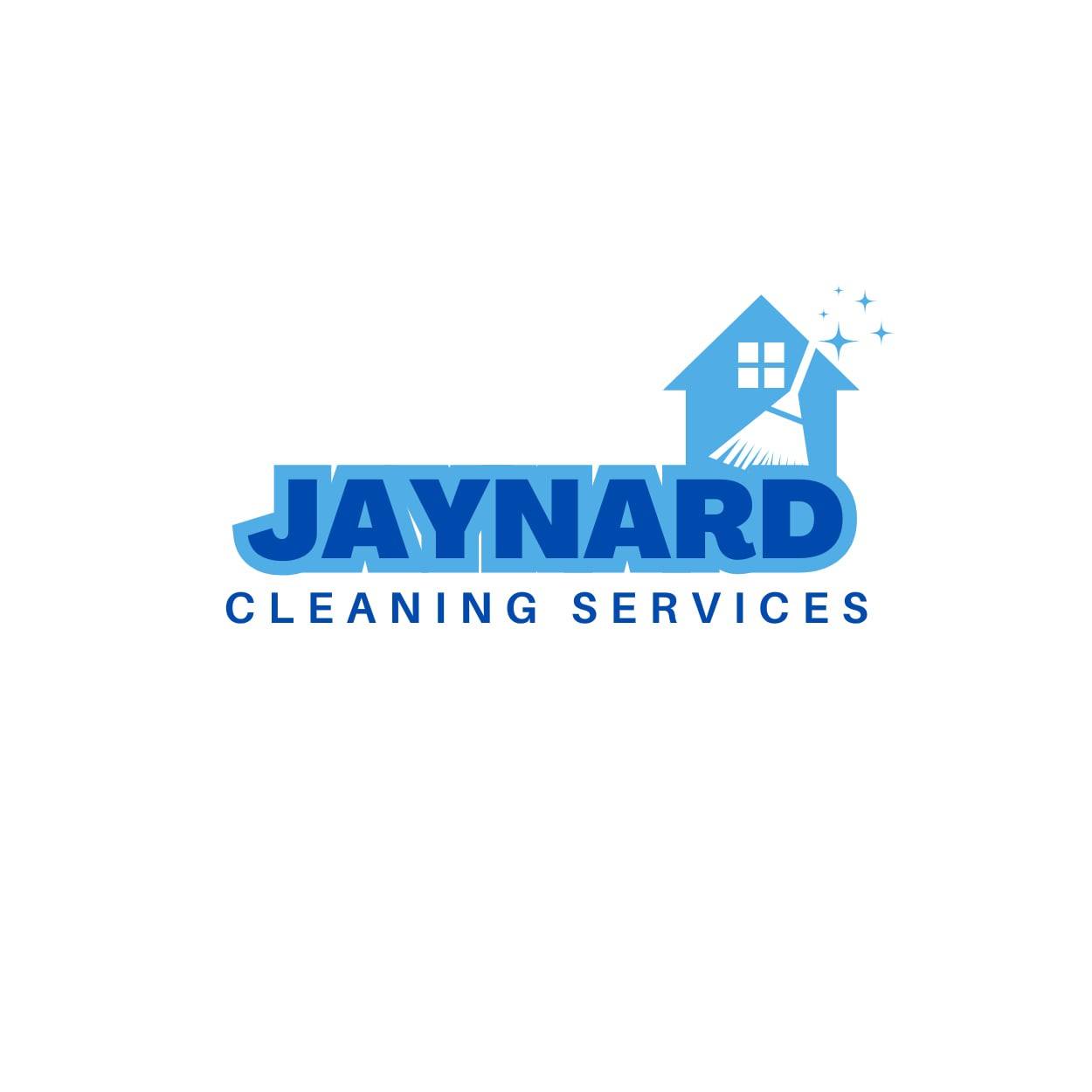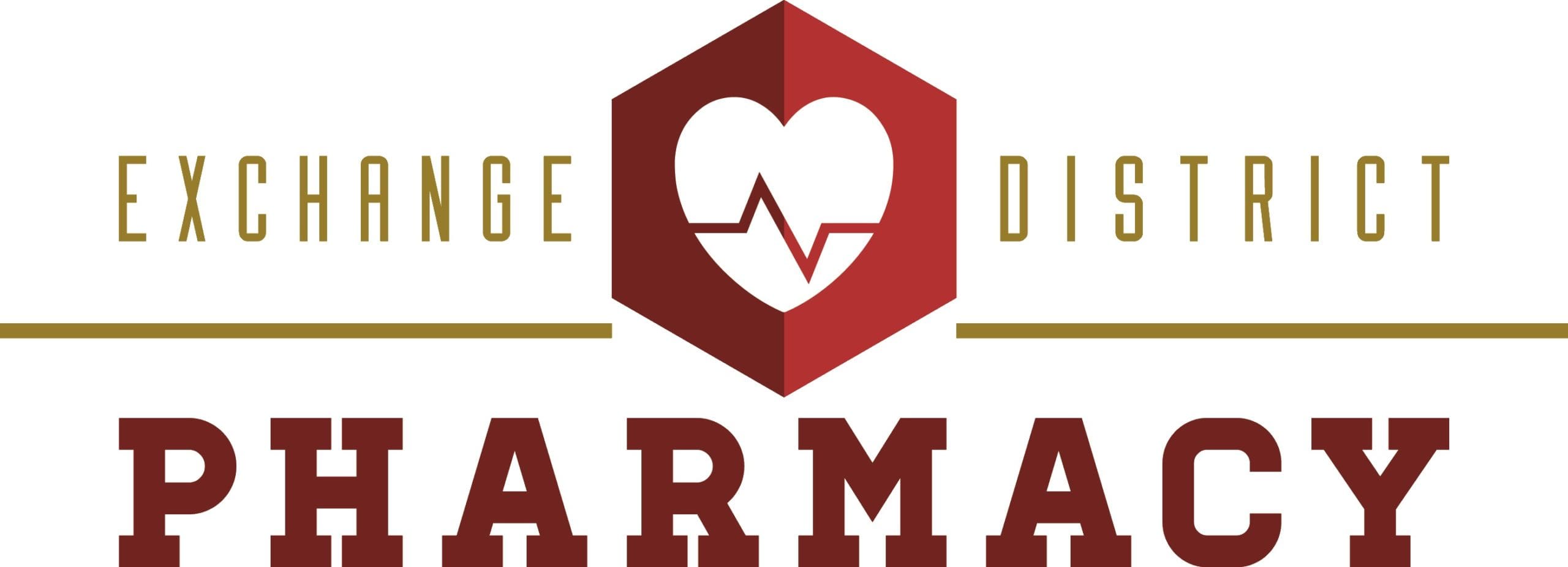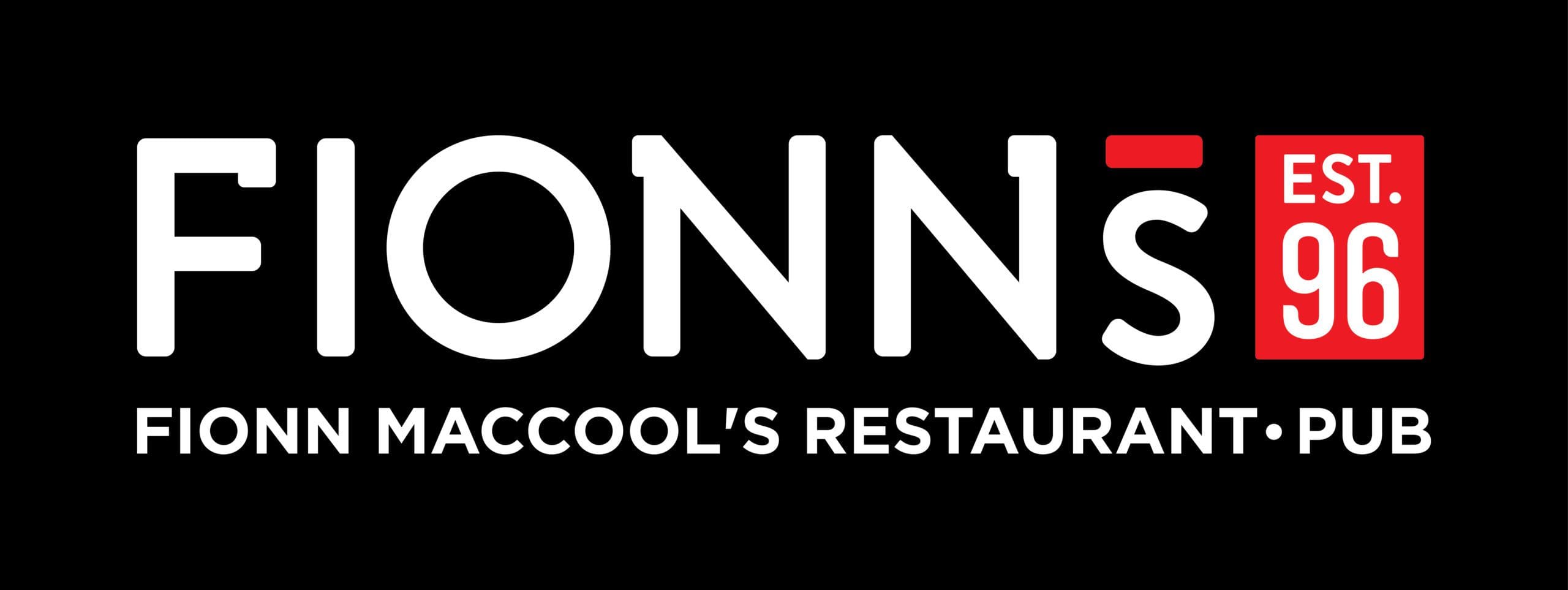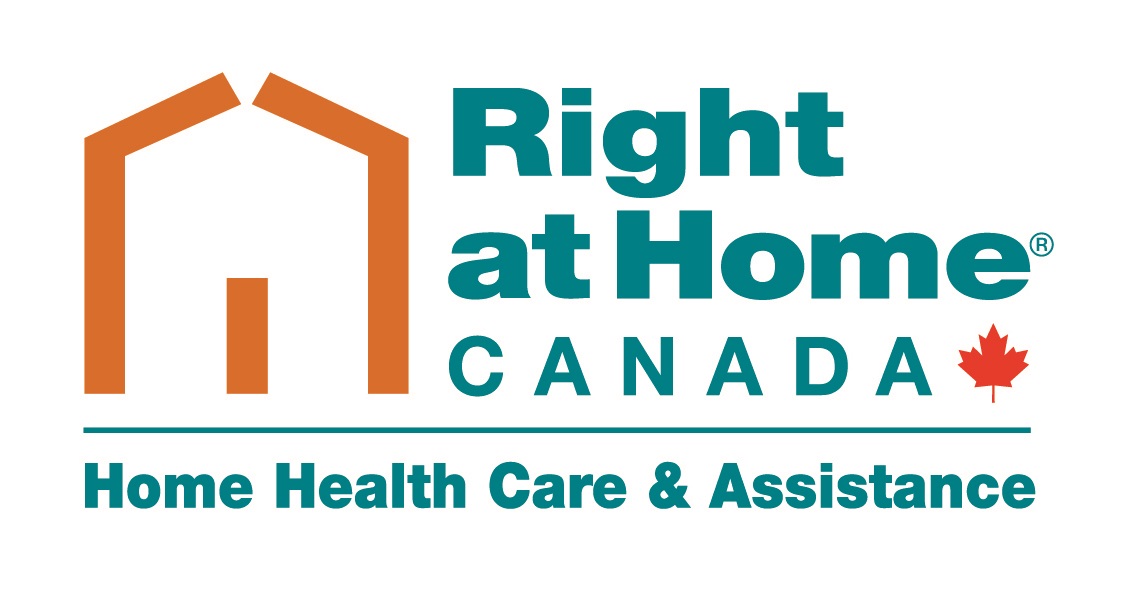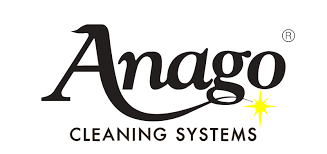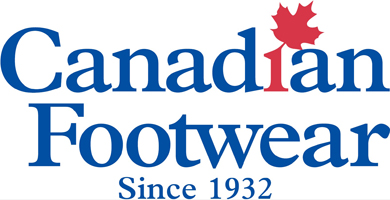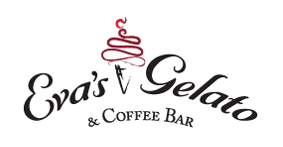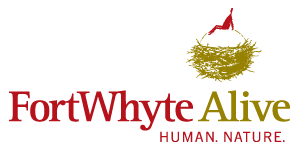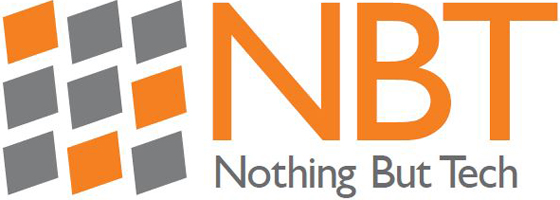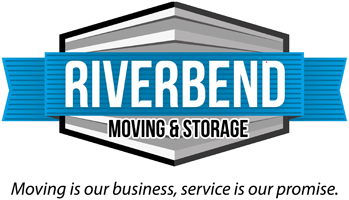Purpose
The purpose of this Resident Animal Policy (“Pawlicy”) is to ensure a respectful and responsible living environment for all residents – those with animal companions and those without. This policy outlines the expectations, rights, and responsibilities of tenants who have household pets or service animals; this policy complies with:
- The Accessible Canada Act
- The Residential Tenancies Act (Manitoba)
- The Manitoba Human Rights Code
- The Service Animals Protection Act (Manitoba)
- Applicable municipal bylaws (e.g. City of Winnipeg Pet Licensing)
This policy applies to both household pets and to service animals trained to assist persons with disabilities. Service animals are not considered pets and are not subject to certain restrictions, deposits, or exclusions.
Tenants wishing to allow an animal to reside in their rental unit:
- Must complete and submit a Resident Animal Application form, and receive approval, prior to allowing the animal to reside in the unit.
- For household pets, must pay a pet deposit equal to one month’s rent in advance of the animals intended occupancy date.
- Provide a copy of the animal’s license document including their animal’s tag number and expiration date (which must be current) in accordance with municipal by-laws.
- All dogs and cats over 6 months old within the City of Winnipeg, for example, including service animals must be licensed under the Responsible Pet Ownership By-law (Service Animal Licenses are available from municipal Animal Services agencies, often at no cost).
- Tenants are responsible for renewing their animal licenses, failure to do so may be a violation of the terms and conditions of your lease, section 17. (section 14. in leases prior to 2025) Observance of Statutes and By-laws.
The following guidelines apply to all pet friendly properties:
- Only domesticated cats and dogs are permitted, and only at buildings which have been designated as pet friendly, unless otherwise approved in writing.
- No more than two animals per unit are allowed (2 cats, 2 dogs, or 1 of each).
- Dogs may not exceed 18 inches in height at the shoulder, unless the animal is a recognized service dog.
- Breed restrictions may apply for safety, in accordance with the Winnipeg Humane Society’s Dangerous Animal Guidelines and any applicable bylaws.
- Specific buildings may have more restrictive policies based on layout, location, or other considerations.
Dogs and cats must:
- Be spayed or neutered unless medically exempt (with veterinary documentation).
- Be licensed, tagged, and up to date on vaccinations in accordance with municipal and provincial regulations.
- Tenants must provide:
- Name and contact info of a designated emergency caregiver.
- Name and clinic of their veterinarian.
The following rules apply to all Resident Animals at any property at which they reside.
- All animals must be:
- Leashed or crated when outside of the unit.
- Under the control of, and not left unattended by, their owner in hallways, common areas, or on balconies.
- Pets (excluding service animals) must not be permitted in:
- Shared laundry rooms
- Fitness centres
- Indoor common amenities, unless approved
- Outdoor amenity spaces or pools, unless approved
- Resident Animals must not create excessive noise, or disturbances and must not display aggression toward other Resident Animals or Tenants
Owners must:
- Clean up after their animals immediately, including outdoor areas, hallways, balconies, and patios.
- Pick up and dispose of all animal waste in appropriate receptacles.
- Prevent damage to doors, walls, and floors in suites and in common areas, and prevent damage to landscaping and exterior common elements.
- Ensure animals wear visible ID tags at all times.
- Never leave animals unattended in the unit for more than 24 hours.
If an animal appears abandoned or uncared for due to the owner’s absence or incapacity:
- Property Management will first contact the Leaseholder.
- Property Management will then contact the designated emergency caregiver, if Leaseholder is unreachable.
- If no responsible party is available, animal control or an approved shelter may be contacted.
- Costs of temporary care or cleanup will be charged to the Leaseholder.
Towers Realty Group may update or modify this policy as required, and at its own discretion with three months’ notice provided to tenants. Any changes in applicable legislation which contravene this policy in any part will supersede this policy and be applicable with immediate effect without notice to tenants.
Under the Manitoba Human Rights Code, service animals are recognized as part of the duty to accommodate persons with disabilities. While the Code itself doesn’t include a detailed statutory definition of “service animal,” its interpretation is guided by the Manitoba Human Rights Commission (MHRC) and relevant case law.
Here’s how service animals are defined and understood in practice under the Code:
- Definition (According to the Manitoba Human Rights Commission), a service animal is generally defined as:
“An animal that has been individually trained to do work or perform tasks for the benefit of a person with a disability, including physical, sensory, psychiatric, intellectual, or other mental disabilities.” - The MHRC further states:
- Documentation may not be required if the animal’s role is readily apparent (e.g., a guide dog for a person who is blind).
- If the role is not obvious, a landlord or service provider may request reasonable verification, such as:
- A letter from a licensed health care professional stating that the person requires the animal for a disability-related need.
- Confirmation that the animal is trained to provide that assistance.
- Important Clarifications:
- Service animals are not pets.
- They are considered an assistive aid, similar to a wheelchair.
- Emotional support animals that provide comfort without specific training are not considered service animals under the Human Rights Code.
- Landlords have a duty to reasonably accommodate tenants with service animals unless doing so causes undue hardship (e.g., serious health or safety risks).
- Under the Manitoba Human Rights Code, it is discrimination to:
- Refuse to rent to someone because of their disability and their use of a service animal.
- Charge extra fees or deposits for service animals.
- Require disclosure of the tenant’s diagnosis or medical records.
In the event of the contravention or violation of this policy in whole, or in part, or in the event of the failure to disclose the presence of a resident animal within a rental unit, the landlord may at its sole discretion:
- Require the immediate removal of any unauthorized animal if unit is not designated as pet friendly (unless sufficient documentation is shown to support the animal’s role as a service animal), or
- Require the immediate registration of the unauthorized animal and payment of any required pet deposit (unless sufficient documentation is shown to support the animal’s role as a service animal), or
- Terminate the tenancy agreement as allowed for in the Residential Tenancies Act and Regulations.
Any dispute must be filed with and adjudicated by the Residential Tenancies Branch of the Province of Manitoba, or the Manitoba Human Rights Commission.
Manitoba law allows and restricts charging against pet damage deposits as follows:
- Maximum Deposit Limits
- For tenants who bring in a pet after August 1, 2014, landlords may collect a pet damage deposit of up to one month’s rent.
- For those who had pets before June 30, 2010, landlords cannot increase the deposit amount retroactively beyond what was originally agreed.
- Service animals, including guide dogs and other animal assistants as defined under the Manitoba Human Rights Code, are completely exempt from pet damage deposits
- Allowed Uses of the Deposit
- Landlords may only withhold or claim against the pet damage deposit for:
- Repairs specifically required due to pet-caused damage
- Extraordinary cleaning directly resulting from the pet
- Any other tenant liabilities related to the pet
- Upon tenancy termination, landlords must either:
- Return the deposit plus interest, or
- Provide written notice of claims within 28 days, detailing any deductions and returning any remaining balance.
- If no claim is made within that time frame, tenants may be entitled to recovery of the full deposit.
- Only pet-related damage or specific cleaning costs justify deductions, not general wear and tear or costs unrelated to the pet’s presence.
This policy applies with immediate effect to all new tenancies in the province of Manitoba which begin after September 15th, 2025; and, to all tenancies which began prior to that date this policy will come into force effective December 15th, 2025.
Towers Realty Group remains committed to maintaining accessibility and non-discrimination in housing. This policy may be made available on request in different formats if required for accessibility; please contact us if you wish to request specific accommodation.






